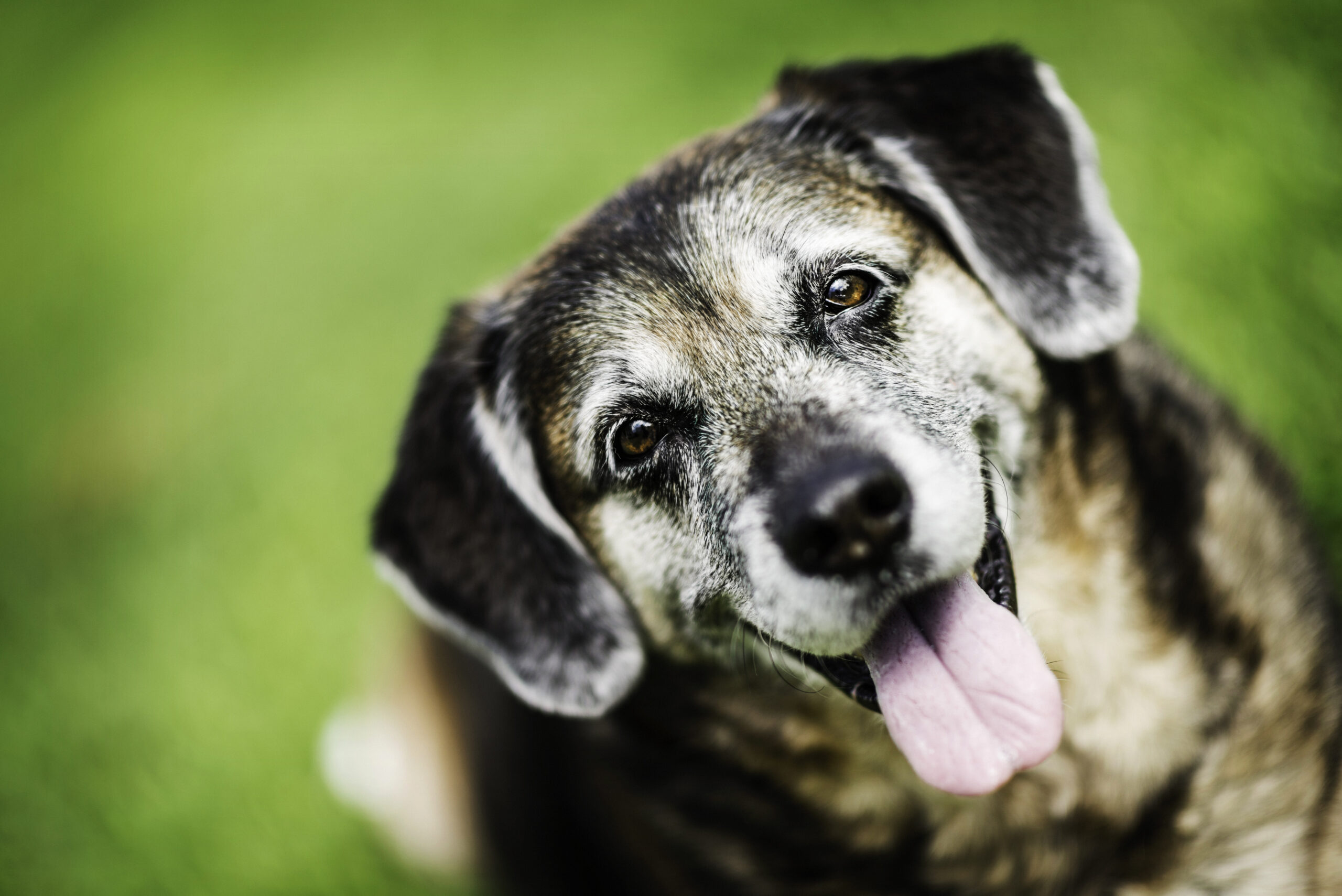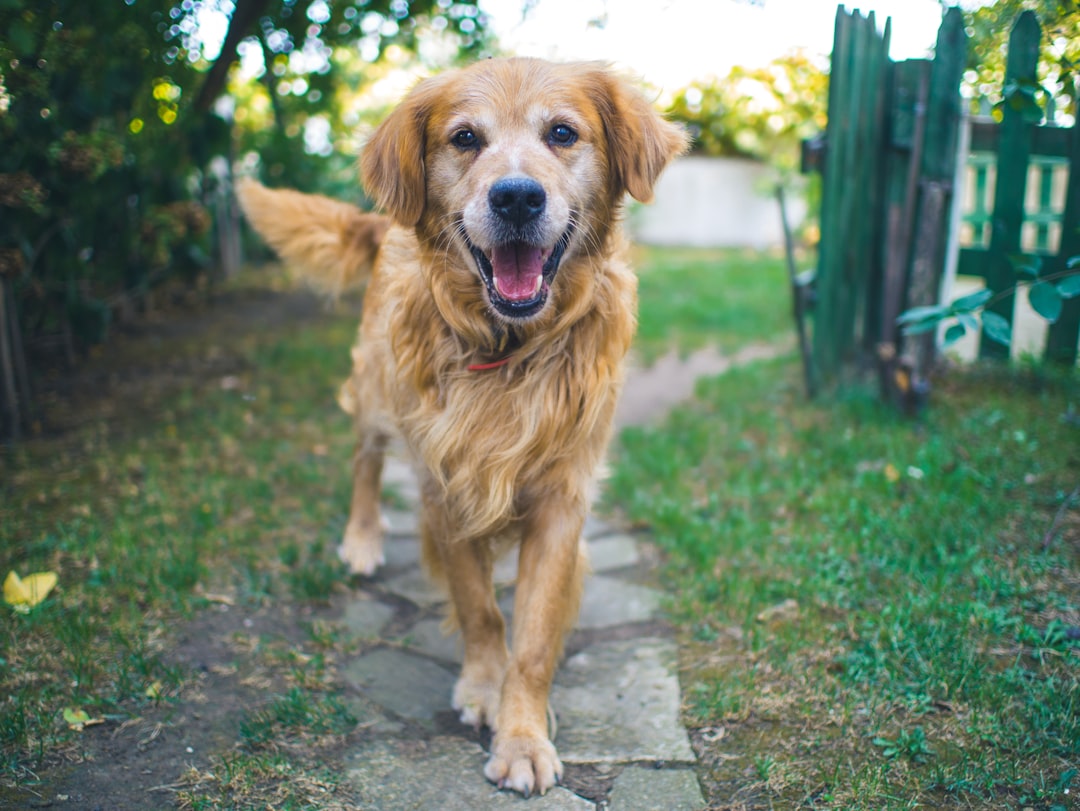Training Older Dogs: Unlocking the Benefits of Canine Wisdom
Training Older Dogs: Unlocking the Benefits of Canine Wisdom
The article discusses the benefits of training older dogs, including the importance of training for mental and physical activity, the benefits of adopting trained rescue dogs, and how training can address behavior problems and improve cognitive function in older dogs.
The Benefits of Training Older Dogs
Importance of Training Older Dogs
Training is not just for puppies. Adult and senior dogs can greatly benefit from ongoing training, keeping them mentally and physically active. Continuing or restarting a training program can help older dogs feel useful and maintain a youthful outlook. It also provides one-on-one time and attention for the dog, which can strengthen the bond between the pet and the owner.
For instance, teaching an old dog a new trick such as picking up toys can keep them engaged and provide them with a ‘job’. This not only stimulates them mentally but also keeps them physically active, contributing to their overall health and well-being.
Benefits of Training Older Dogs
Adopting an older, trained rescue dog comes with numerous benefits. Older dogs are often calmer and have less energy, making them easier to handle. They may be more grateful and loyal to their new owners, providing a rewarding and fulfilling experience.
Training older dogs can keep their minds stimulated and engaged, contributing to their cognitive function and overall well-being. For example, training an older dog to find missing items not only helps them stay mentally sharp but also makes them safer and more enjoyable to be around.
Common Behavior Problems in Older Dogs
Older dogs may exhibit behavior problems such as anxiety, aggression, and cognitive changes that can be improved through training. Training older dogs can make them safer and set a positive example for younger dogs, addressing behavior problems effectively.
For example, a senior dog exhibiting signs of anxiety can be trained to retreat to a safe space in the house whenever it feels stressed. This not only helps manage the dog’s anxiety but also reinforces positive behavior.
Tips for Effective Training of Older Dogs
Effective training of older dogs includes using positive reinforcement, maintaining patience, breaking down commands, sticking to a schedule, and trying obedience classes. It’s important to keep training sessions short and positive, and use motivating rewards.
For instance, if you’re teaching an older dog to sit, break down the command into smaller steps. Reward the dog each time it makes progress, reinforcing the positive behavior. This method, known as positive reinforcement, can be very effective in training older dogs.
If you would like an OLK9 Certified Trainer to contact you, Please fill out the form below!






